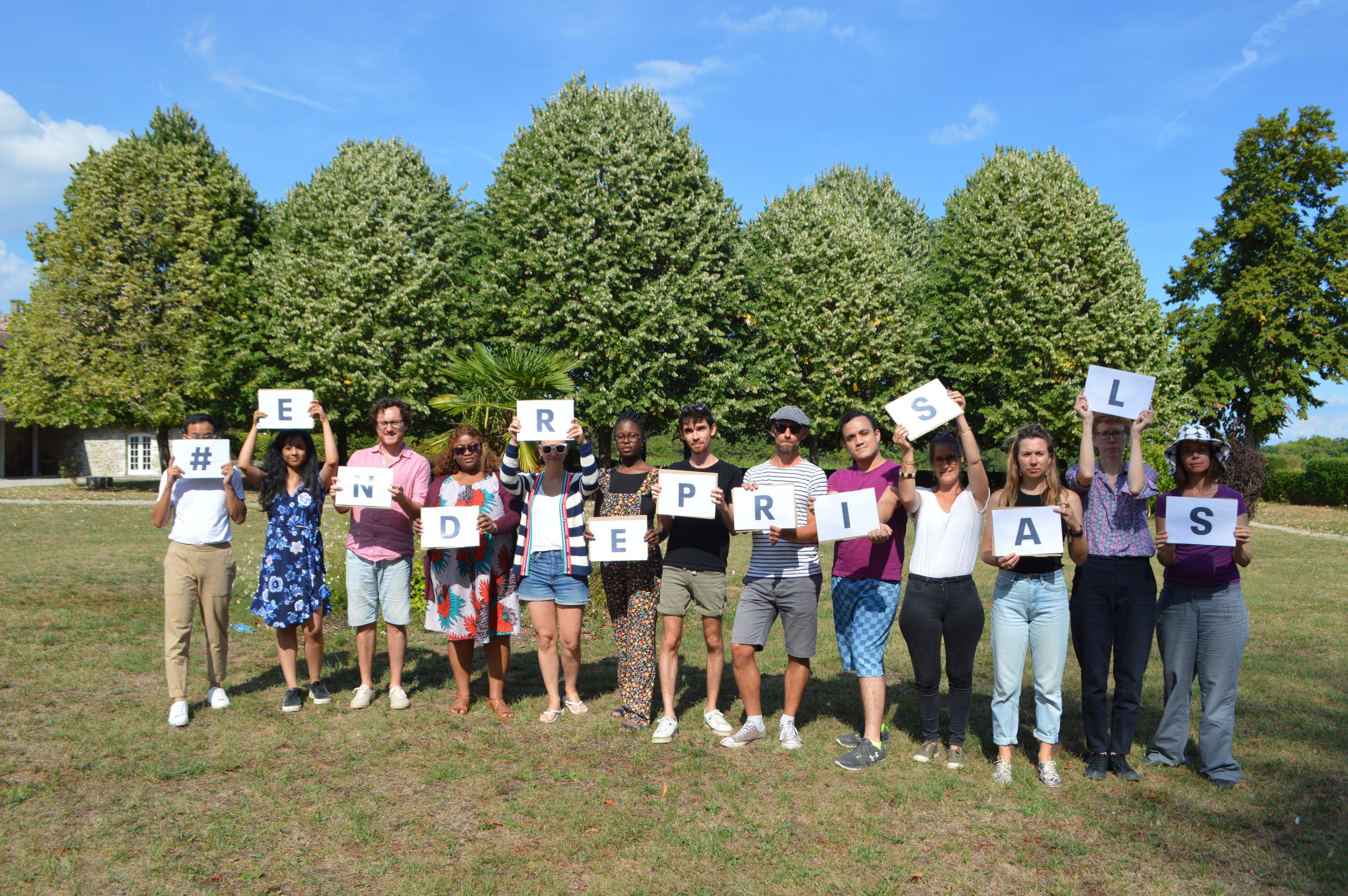ISHR’s annual submission to the report of the UN Secretary-General on reprisals demonstrates the need for the UN and States to do more to prevent and ensure accountability for intimidation and reprisals against human rights defenders and others cooperating or seeking to cooperate with the UN and its human rights mechanisms. ISHR’s submission outlines developments in the international human rights system, and documents a number of new cases, as well as follow-up on previously submitted cases.
Read the report
Download as PDF
The submission presents a disturbing pattern of intimidation and reprisals in 23 countries, with the addition this year of Algeria and France.Cases of reprisals featured in the submission range from States defaming and stigmatising defenders, to criminalising their work, but also to arbitrarily detaining, arresting and killing them.
- In Israel, Palestinian defenders face ongoing intimidation and repression as reprisals for their cooperation with UN human rights mechanisms.
- In Bahrain, the situation still shows no signs of improving, with human rights defenders continuing to be arbitrarily detained and denied timely and adequate medical treatment by the government.
- In Algeria, Andorra, Cameroon and India defenders continue to be criminalised.
- In China defenders are still facing online surveillance, harassment and enforced disappearance.
- In Egypt, the United Arab Emirates, Venezuela and Yemen many more defenders face arbitrary detention, ill-treatment and criminalisation.
Other cases of reprisals include threats, harassment, hate speech, surveillance, property damage, disbarment, death threats, travel bans, enforced disappearances, unjustified raids, dissolution of associations, judicial harassment, smear campaigns, forced deportations, confiscation of travel documents, red tagging, denial of healthcare and family visits as well as accusations of terrorism, among others. Other countries cited in the report include cases in the Andorra, Bahamas, Bangladesh, Burundi, Djibouti, Equatorial Guinea, France, The Maldives, Morocco, Nicaragua, The Philippines, Russia, and Thailand.
ISHR also submitted follow-up information on a large number of cases, demonstrating that incidents of reprisals and intimidation are very rarely, if ever, adequately resolved.
This year, ISHR is running again its #EndReprisals campaign. The campaign will raise the profile of 6 cases (all included in the submission) and seek to achieve a more sustained attention on the issue of reprisals and follow-up of the cases throughout the UN system. In particular, we want the UN Secretary General to include all the reprisal and intimidation cases in his upcoming report and UN member States to use the opportunity of the interactive dialogue at the Human Rights Council on the Secretary-General’s report in September, as well as Item 5 debates at all sessions, to raise specific cases and hold their peers accountable.
Discover our first campaign case and take action!




